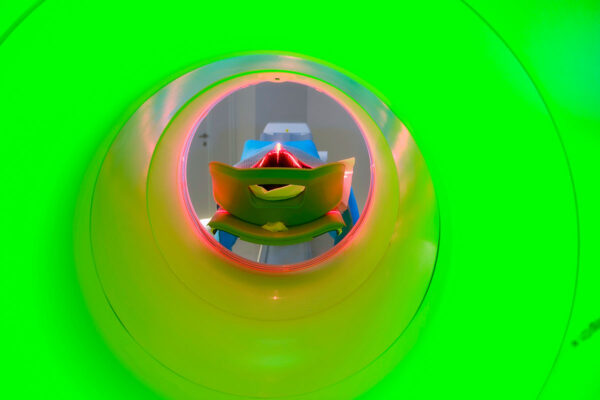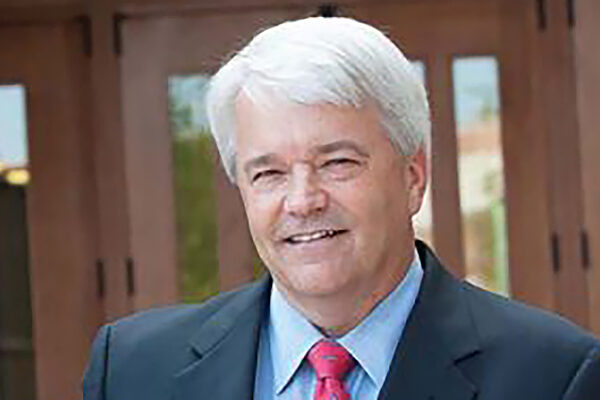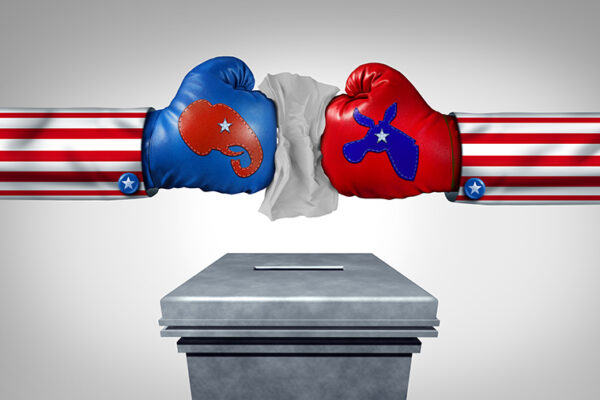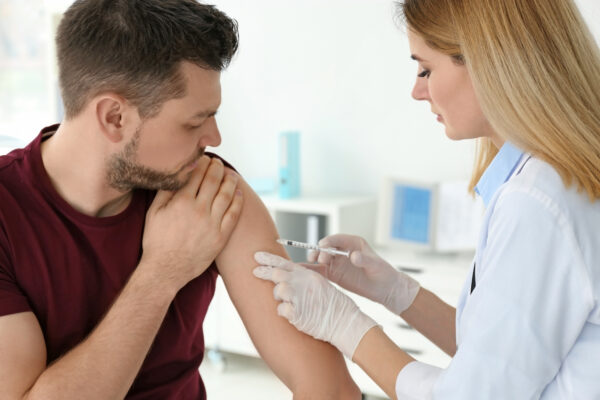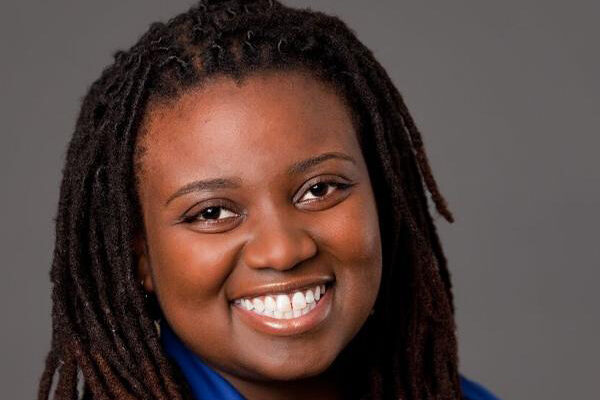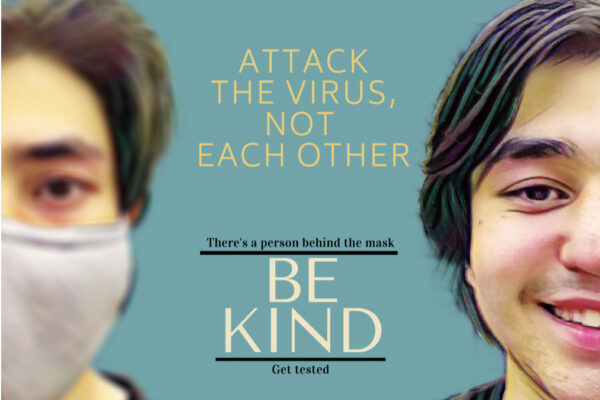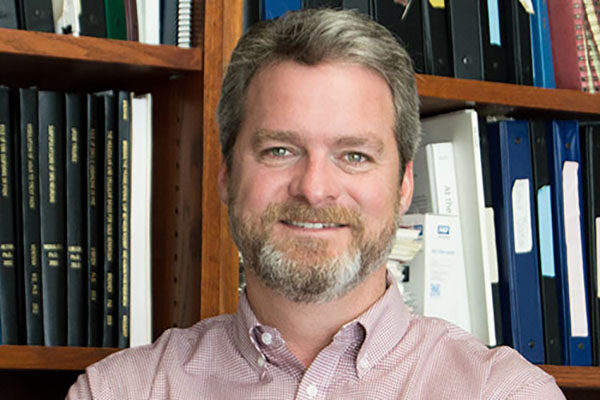Imaging agent developed at Washington University spotlights inflammation
School of Medicine scientists have created a PET imaging agent that detects signs of inflammation. Such a tracer could aid diagnosis and study of diseases ranging from cardiovascular disease to cancer to COVID-19.
Most Americans expect cheating in the November elections
Who leads on election night, which may change as mail-in and challenged ballots are counted after Election Day, is surely to influence who considers the vote count to be accurate. This could get ugly. Just how ugly will be determined by the quality of election administration and the rhetoric of political leaders.
Rigged election? Partisans view threats to election integrity differently
Even before they cast their votes, partisans of different stripes are poised to question the legitimacy of the election outcome, but for different reasons. According to political scientist Steven Smith at Washington University in St. Louis, findings of The American Social Survey, sponsored by the university’s Weidenbaum Center, indicate that the intensity of candidate and media attention about voting fraud threats — real or not — is influencing views of the legitimacy of the election outcome in November.
Frieden receives grant for research on Apolipoprotein E
Carl Frieden, professor of biochemistry and molecular biophysics at the School of Medicine, received a one-year grant totaling $100,000 from the BrightFocus Foundation for his research titled “Understanding APOE.”
Female faculty in psychological sciences survey present, chart future
Washington University’s Deanna Barch was among 59 women psychologists working in academia who took an empirical approach to understanding gender inequities in their field. They find some promising data, but also much work to be done.
Enter global town hall photo contest
The McDonnell International Scholars Academy will hold a virtual global town hall Oct. 8. In preparation, it is hosting a photo contest, seeking images of how people are adapting and thriving and what gives them hope. WashU faculty, staff and students can submit entries by Tuesday, Sept. 15.
Perception matters: Consumers prefer ‘natural’ prevention options
New Olin Business School research suggests that if consumers view a vaccine more like a curative to the epidemic, rather than as a preventative for the self, they will be more receptive toward it.
Statues memorialize everything in a person’s history, including torture
Neither reckoning nor healing will come from a drawn-out discussion behind closed doors. Healing starts with seeing these monuments as sites where both visible and invisible harms are actively perpetuated. If harm reduction and accountability are the goal, the statues should be removed immediately. This ought not be up for debate.
COVID-19 course moved beyond the science to explore virus’s impact on society
More than 1,200 students enrolled in “The Pandemic: Science and Society,” an online two-credit course featuring experts from across disciplines and across the country. The entire university may benefit from the lessons learned.
Gereau honored for mentorship and training in neuroscience research
Robert W. Gereau IV, the Dr. Seymour and Rose T. Brown Professor and vice chair for research in the Department of Anesthesiology at the School of Medicine, has received the Landis Award for Outstanding Mentorship from the National Institute of Neurological Disorders and Stroke of the National Institutes of Health (NIH).
View More Stories
